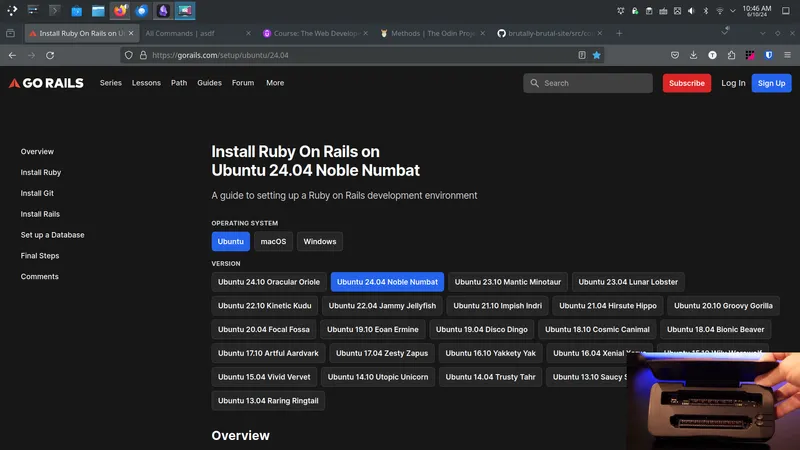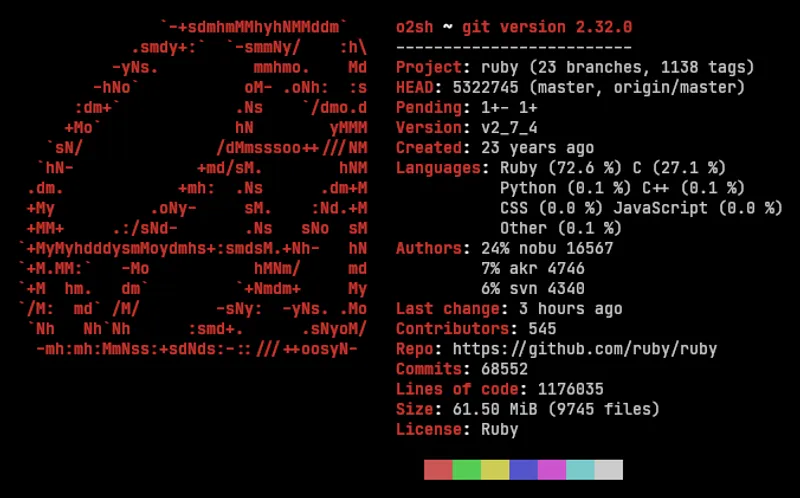Published on 01/19/2024 00:13 by Teodoro Garcia
Ruby on Rails vs. PHP Laravel: Choosing the Right Weapon for Your Web Development Arsenal
In the fast-paced world of web development, choosing the right framework can be the difference between a smooth sailing voyage and a storm-tossed journey. Ruby on Rails (RoR) and PHP Laravel are two heavyweight contenders in the framework ring, each boasting passionate followings and distinct strengths. But which one deserves a place in your development toolbox? Let’s dive into a head-to-head comparison to help you decide.
1. Philosophy and Approach:
-
Ruby on Rails: Rails champions the “convention over configuration” philosophy, meaning pre-built conventions guide development, reducing boilerplate code and promoting rapid development. Think of it as a well-furnished kitchen where everything is in its place, ready for culinary creativity.
-
PHP Laravel: Laravel leans towards a more flexible approach, offering greater control over configuration and customization. Imagine it as a spacious DIY workshop with a vast toolkit – perfect for experienced woodworkers who like to craft things their way.
2. Learning Curve:
- Ruby on Rails: Rails’ convention-based approach can be easier to pick up for beginners, especially those with experience in Ruby. However, its unique syntax and conventions might require some extra effort to master.
- PHP Laravel: Laravel’s flexibility comes at the cost of a steeper learning curve. Newcomers might find the vast options and configuration choices overwhelming.
3. Performance and Scalability:
- Ruby on Rails: Rails generally gets a rap for being less performant than Laravel, especially for resource-intensive applications. However, it scales well for smaller to medium-sized projects and can be optimized for performance with proper caching and database management.
- PHP Laravel: Laravel boasts impressive performance and scalability, thanks to its efficient PHP 7+ foundation and built-in caching features. It’s a strong choice for high-traffic websites and complex applications.
4. Community and Resources:
- Ruby on Rails: Rails enjoys a vibrant and supportive community, with numerous online forums, tutorials, and documentation readily available. However, the talent pool for Rails developers might be smaller compared to PHP.
- PHP Laravel: Laravel also has a thriving community, offering extensive documentation, video tutorials, and a large pool of experienced developers for hire.
5. Suitability for Your Project:
- Choose Ruby on Rails if:
- You’re a startup or building an MVP (minimum viable product).
- You prioritize rapid development and developer productivity.
- You’re building a smaller to medium-sized web application.
- Choose PHP Laravel if:
- You need high performance and scalability for large applications.
- You have experienced developers comfortable with PHP and Laravel’s flexibility.
- You have a complex project with specific customization requirements.
Ultimately, the best framework depends on your project’s specific needs, team skillset, and priorities. Consider the factors mentioned above and take both frameworks for a test drive before making your final decision. Remember, the right framework is just one piece of the puzzle – a skilled and passionate development team is key to building a successful web application.
I hope this comparison has helped you navigate the exciting world of web development frameworks!
Written by Teodoro Garcia
← Back to blog




